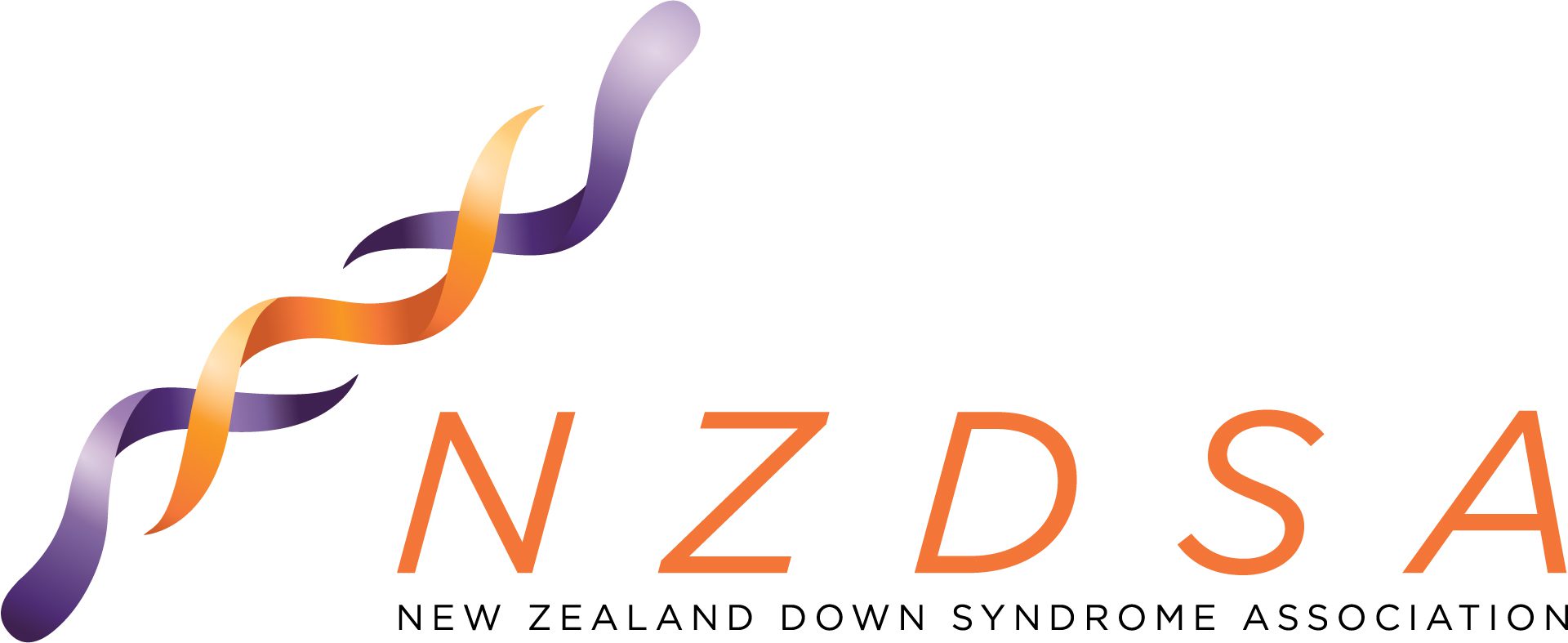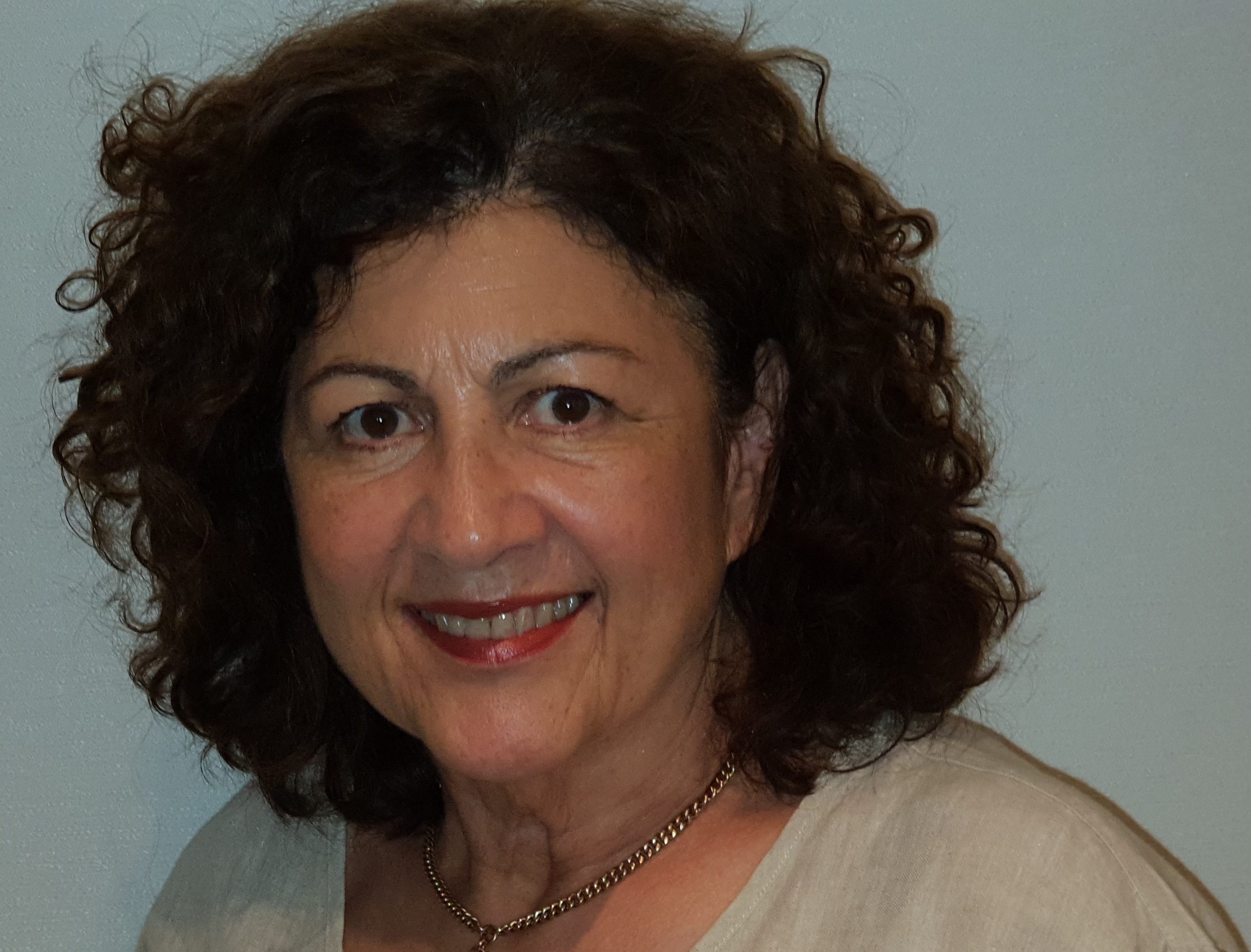Bridget Snedden from Auckland was last week recognised for her years of advocacy work around the world when she was elected as the new President of Down Syndrome International (DSi) at their 2021 Annual General Meeting.
“I am very humbled and proud to lead DSi Board of Trustees along with Vice President Rhonda Faragher from Queensland,” says Bridget who been a Trustee of DSi since 2008 and in recent years filled the role of Vice-President.
Bridget has been heavily involved in the Down syndrome movement at a local, national and international level since her son Alex was born in 1988.
After first joining her local Auckland association for support, she found herself on the Auckland committee a few years later.
At a meeting at the IHC office in Wellington, she met Cindy Johns where they hatched a plan and approached JB Munro to support them in rebuilding the New Zealand Down Syndrome Association, which at that stage was in abeyance and needed a new impulse.
The NZDSA was soon re-established and from 1993 until 2000, Bridget acted as the Executive Officer of the NZDSA.
The new DSi Presidents lives by the motto “You breathe, You belong” and is driven by her commitment to social justice.
“I believe that every New Zealander has the same right to live and enjoy life like their neighbours and friends,” says Bridget, who has had significant experience across the disability sector in both governance and delivery.
Bridget says she is proud to have been able to contribute to the change that many families of disabled children have made, so that their children can live a good life.
NZDSA National Executive Officer Zandra Vaccarino says Bridget’s appointment is a wonderful recognition for the work she has done for the Down syndrome community in New Zealand and abroad.
“Bridget has been a driving force behind the NZDSA for many years, and the wider Down syndrome community in New Zealand and abroad, so I think we can all feel very proud to have one of our own community leading the amazing work DSi does all over the world to improve the life of people with Down syndrome,” says Vaccarino.

